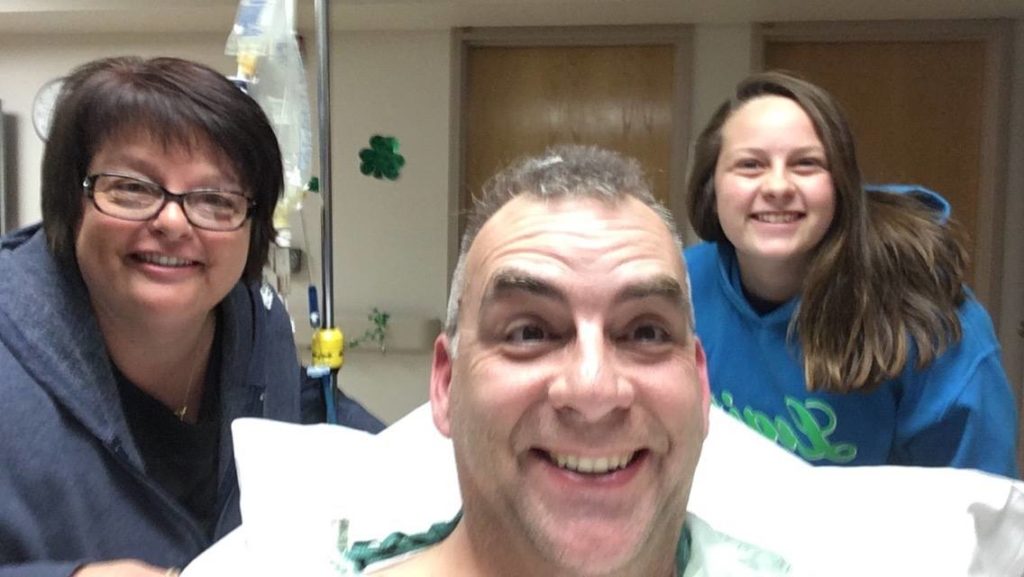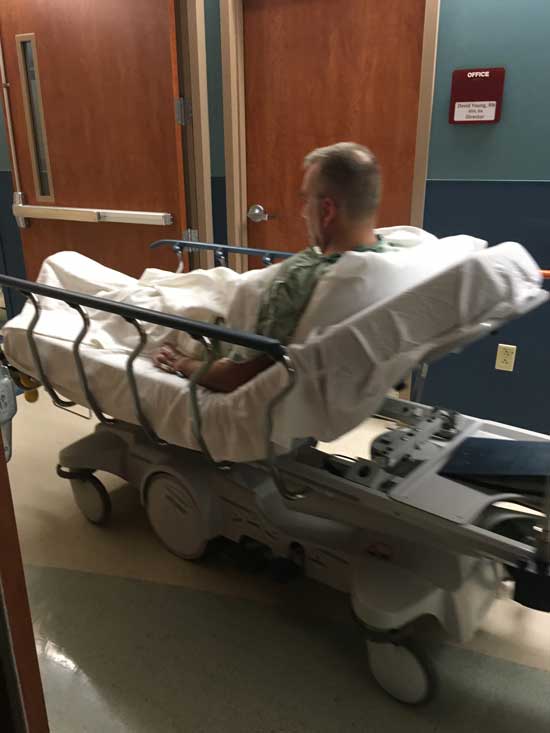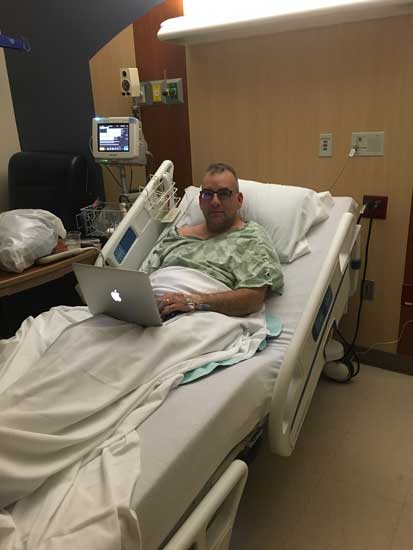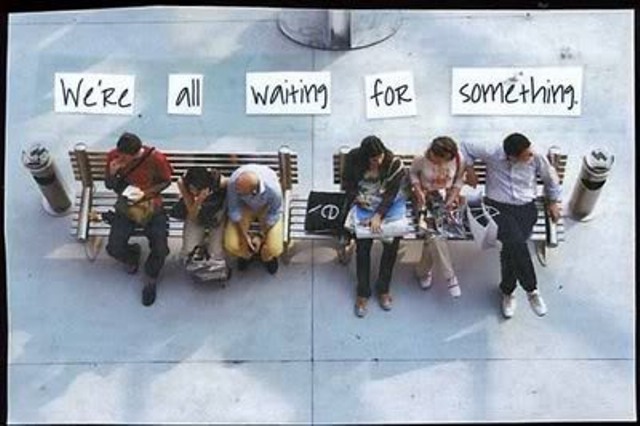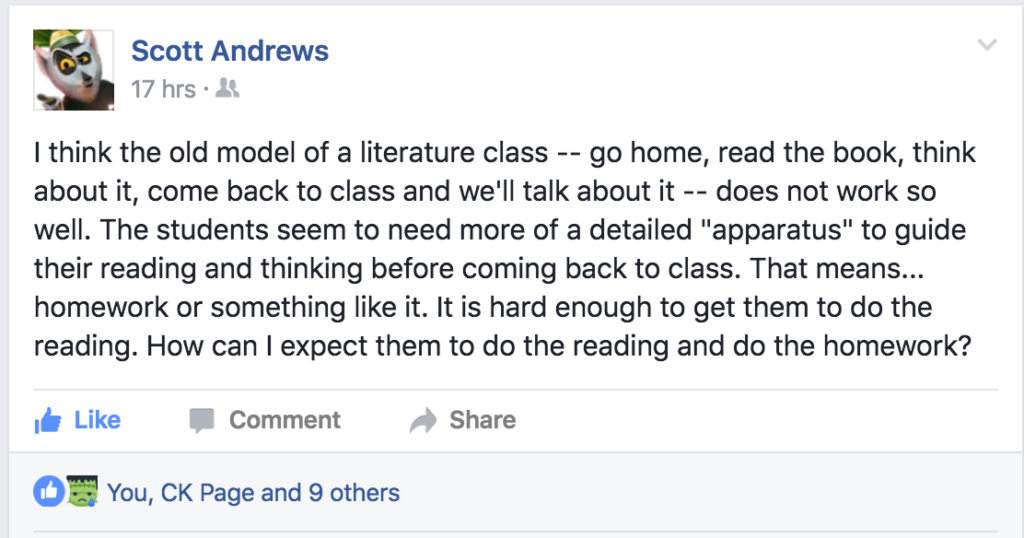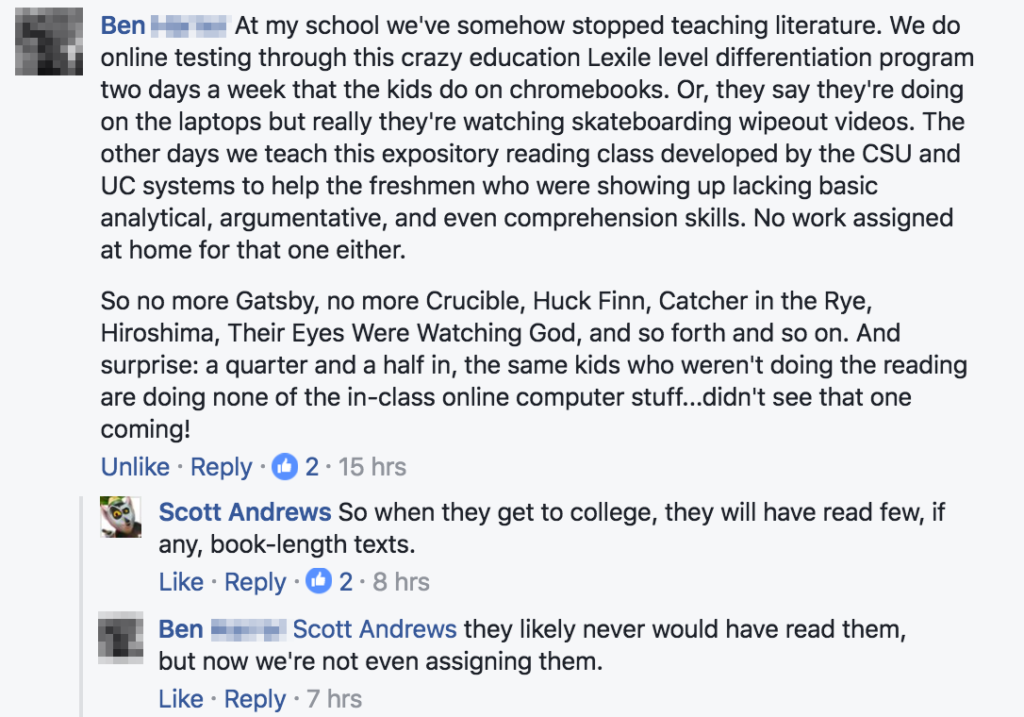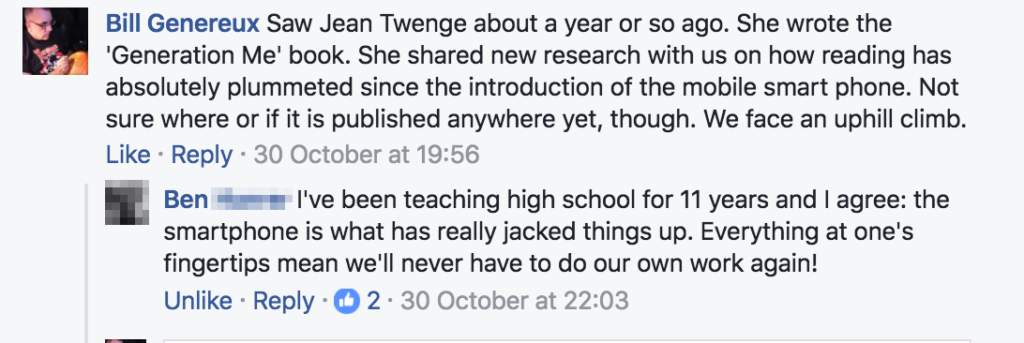The evening of Thanksgiving in 2015, about a year and a half ago, I experienced the worst stomach ache I’ve ever had. We were staying in a hotel visiting family, and I spent several hours writhing in pain on the floor of the room. No stores were open, and I didn’t have any stomach remedies with me, so I just sat there and suffered. I figured that I had over-eaten, and left it at that.
After that, not too long afterwards, it happened again. I figured that I was either eating too much, or there were certain foods that no longer agreed with me. So I began watching how much I would eat and tried to pay attention to the kinds of foods that would trigger it.
I figure over the past year and a half, I’ve had similar episodes of severe stomach pain 4-5 times, with some lesser ones thrown in as well. Sometimes, if I realized it was likely to happen, I could stave it off by going for walks.
Historically, I haven’t really been one for seeing doctors. I’d never been to the emergency room. The last time I was a hospital patient was when I was born. I knew something was going on with my health, but I didn’t know exactly what, or what to do about it. But after my last stomach episode, I decided if it happened again, I’d go to the doctor or ER.
Last Saturday evening, after a delicious meal of crock pot roast beef & potatoes, the pain started up again. It was the worst I’d ever felt. I was coughing, vomiting, and had unbelievable discomfort in my gut, a pressure that couldn’t be relieved. Finally, around 11pm, I decided to go to the ER.
Now the hospital is 15 miles away and I decided to drive myself there. Probably not the best decision to drive myself, but it was late, and I didn’t want to upset the family. I told my wife where I was going, and let the kids sleep. When I finally arrived at the hospital, it felt like it was taking forever to get checked in and answer all of their questions.
Oh, it hurt! But it seemed like it was taking forever to get any relief. Drawing blood. Asking questions. Trying to figure out what was going on with me. Finally, they gave me an IV and some pain killers and I was able to relax. I was getting woozy, and had to lie down. Soon, I was getting X-rayed and CT scanned, and with those results we knew I had a problem with my gallbladder, and it had to come out.
I had to go to another hospital an hour away to have surgery, so that meant I’d go for my first ambulance ride. I called my wife and told her to meet me there. I was so tired, I slept most of that ride. Once I got checked into the Salina hospital, there were more tests, more questions, and explanations about what was going to happen. I would be having emergency surgery. It was all happening so fast. Incredibly fast, really. In less than 20 hours, I would go to the ER, transfer to another hospital, have my gallbladder removed, and return home again.
Here we are, just before going into the operating room. I was obviously feeling no pain at this point.
I probably should have been more nervous about things than I was, but heading into the operating room, it only took a couple of minutes and it was lights out for me.
It only felt like a couple of minutes later, and I was awake again and the surgery was already done. I was amazed that I was able to walk within a few hours after surgery. I was sent home on the same day. I was able to take my dog for a walk that evening. A big part of the speedy recovery is that it was a laparoscopic surgery done with cameras and four small incisions instead of one large one.

The wifi was good in the room.
I used the walker to regain my legs. My daughter asked me to do a dab.
Recovery has been pretty quick. I’ve had some tenderness and soreness, but overall things are getting back to normal pretty quickly.
